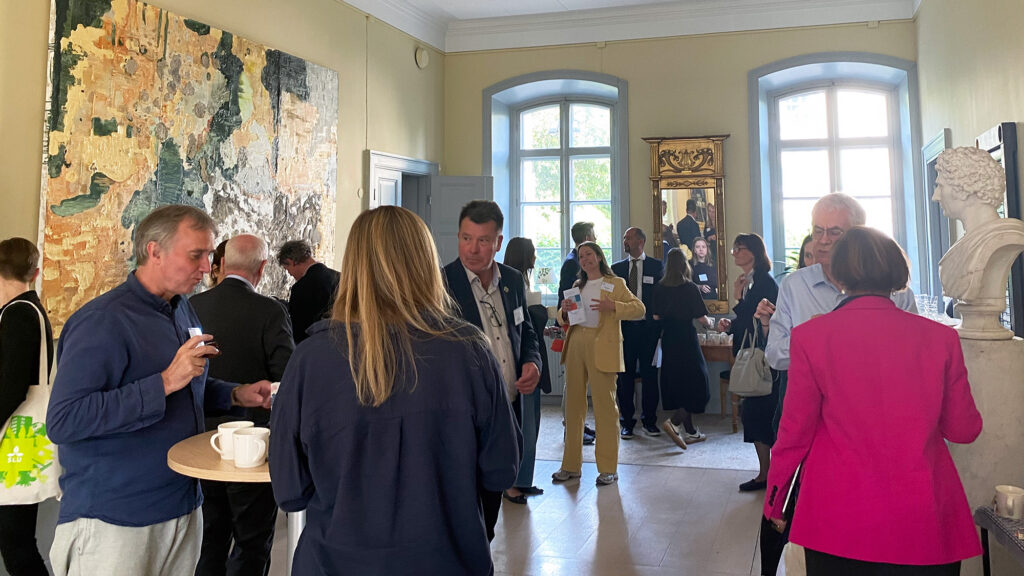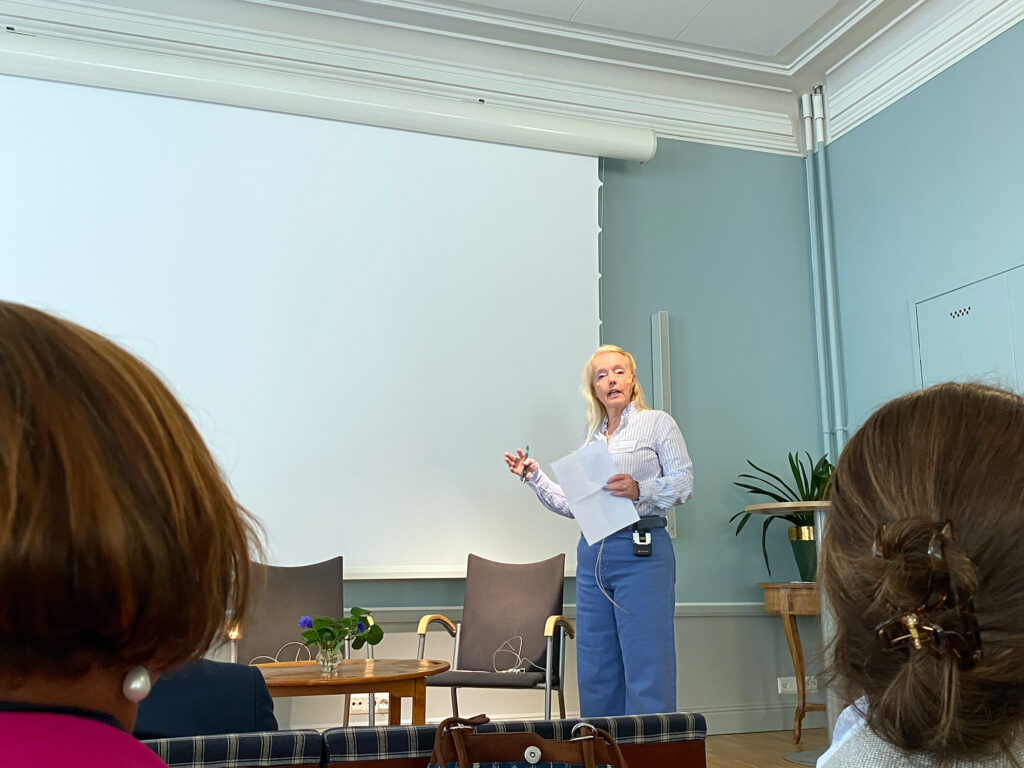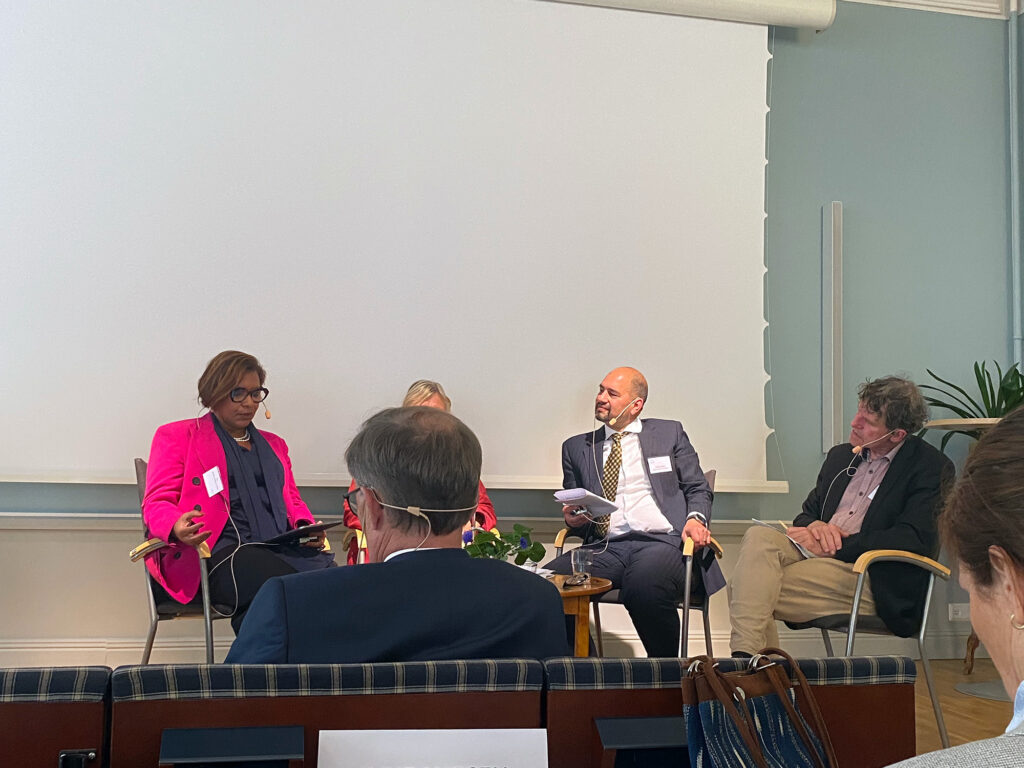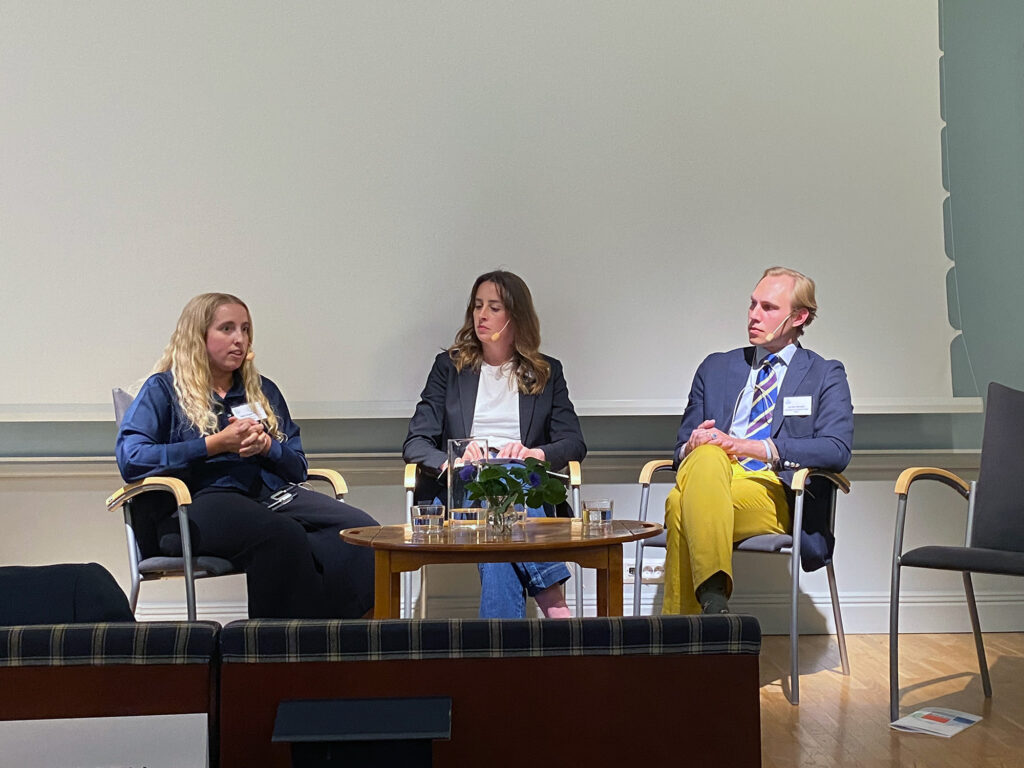SIANI has been a member of the Swedish FAO Committee since 2014, with SIANI Programme Director Madeleine Fogde representing the network. The Committee celebrated its 75th anniversary last month by looking back at how FAO and the Committee itself changed throughout the years, seizing opportunities in agriculture and development and looking into the future of the sector, especially from young professionals’ perspectives.
From technical knowledge sharing to holistic food systems perspective
Even though FAO was initially established to share technological expertise, it has evolved to focus on food systems much more holistically. In fact, its progressive work on rural development, social forestry and focus on agrarian reforms and low-income communities might have been classified these days as “too woke” by some country delegations, as Inge Gerremo, Honorary Fellow and former Permanent Representative of Sweden to FAO, puts it.
Throughout the years, Sweden has shared its knowledge and created opportunities in many countries and across topics, including sustainable and productive livestock raising, antimicrobial resistance, and forestry. However, FAO can still sometimes be seen as the organization “dealing with cows and crops”, says Pernilla Ivarsson, Deputy Permanent Representative of Sweden to FAO. This narrative does not fit the FAO of today and needs to be challenged to build broad, strong relationships with, for instance, the private sector and academia to find new ways of research and cooperation.
Director of Sida’s Results Department Annika Otterstedt also stressed the importance of linking knowledge from the private sector, authorities, local communities, civil society, and research to FAO for better results and to foster more support for FAO’s activities from the wider society. Cecilia Nordin van Gansberghe, Former Permanent Representative of Sweden to FAO and current Chair of SIANI Steering Committee notes that that is exactly what SIANI has been set up to do and has successfully been doing since.
“Global discussions have strongly advanced the understanding of the necessity of looking at global food chains. […] Politics take up and will take up much space, which underlines the necessity of facilitating contact between individuals, organizations and countries. All partners need to participate: governments, NGOs, and the private sector. […] It’s not easy, but it just has to be done.” – Cecilia Nordin van Gansberghe



